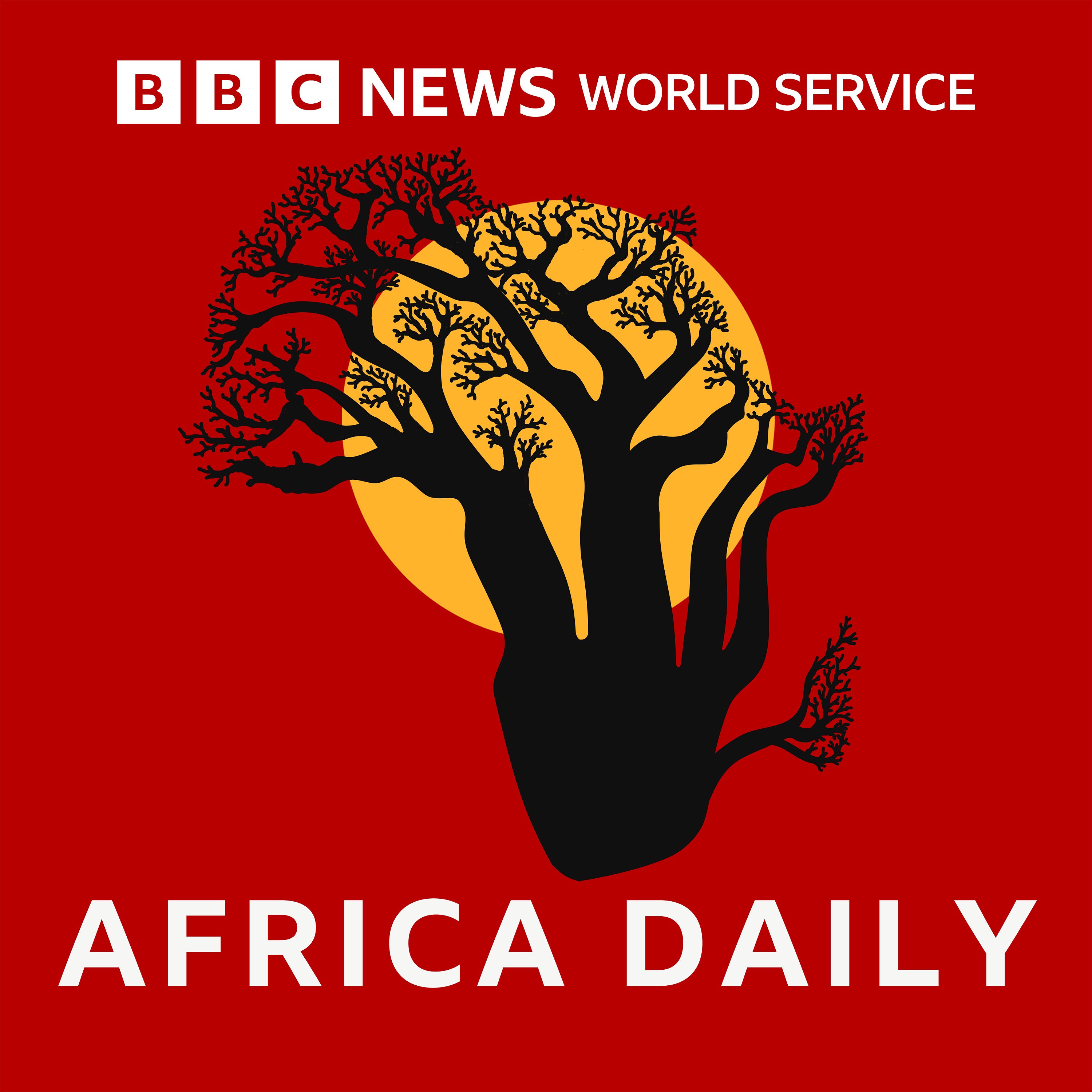Can Namibia’s national election address its land reform headache?
Description
“I ask myself, where will I be after graduating? And looking at ownership of a house, it seems like a farfetched dream that could never materialize” – First time Namibian voter Rivaldo Kanongo Kavanga
On the 27th of November, the citizens of Namibia will choose a new president in an election expected to be the most competitive since independence in 1990.
The ruling South West Africa People's Organisation (SWAPO) is fielding veteran politician Netumbo Nandi-Ndaitwah who is tipped to become the country’s first female president.
Land reform is one of the key election issues.
Government statistics show that the white population still own 70% of agricultural land while the indigenous majority remain marginalised.
Namibia attained its independence from apartheid South Africa in 1990, with liberation hero Sam Nujoma becoming its first head of state.
Before South Africa’s occupation, Namibia was under German colonial rule.
In 2021, the European country apologised for the killings of 65, 000 Herero and 10, 000 Nama people, pledging to fund development projects worth more than a billion dollars.
In today's Africa Daily, Alan Kasujja speaks to people in Namibia about whether this election will address the question of land reform.
More Episodes
“We don’t have clear legislation (for) the carbon market that can guarantee the rights of local communities and indigenous people.”
The Congo Basin forest is known as the “lungs of Africa” because of its ability to absorb carbon dioxide – around 1.5 billion tons each year.
It also provides food...
Published 11/21/24
Published 11/20/24
Eritrea is the worst place to work as a journalist in the world and is one of the most repressive countries on press freedom.
In the latest World Press Freedom Index published by Reporters Without Borders, Eritrea was ranked last out of 180 countries.
Since 2001, the government has banned all...
Published 11/19/24


